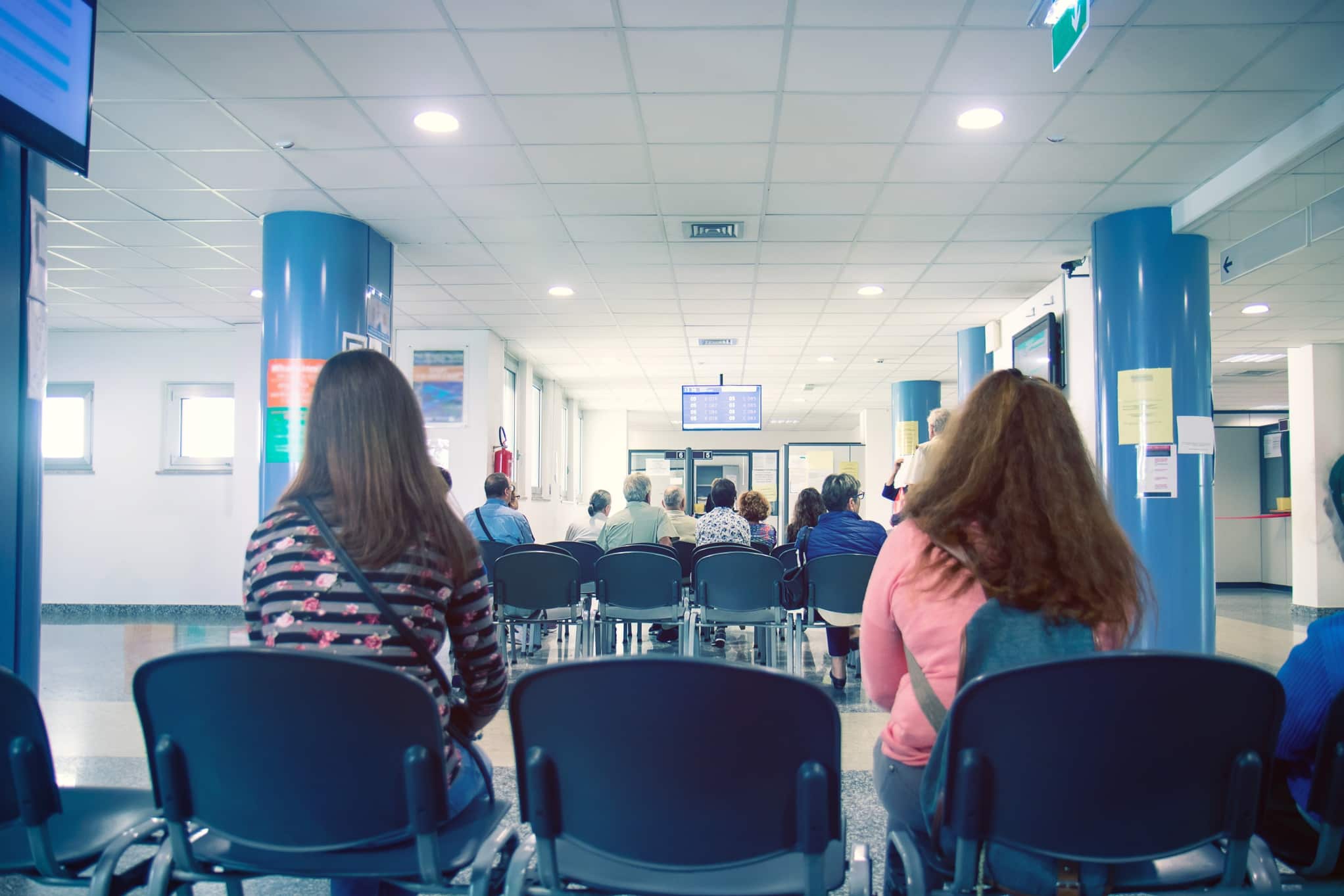
Naq Cyber CEO and GDPR lawyer, Nadia Kadhim warns health businesses need to do more to protect patient data.
Nadia Kadhim, a GDPR Lawyer and CEO of automated compliance platform, Naq Cyber warns businesses need to do more to protect patient data as a new report from the European Union Agency for Cybersecurity (ENISA) highlights that nearly 60% of cyberattacks are targeted at the health sector.
This increased risk has already led to an increased demand for additional compliance measures from the NHS, hospitals, and pharmaceutical companies to ensure their suppliers meet legal and regulatory compliance requirements such as health information security and clinical risk standards.
Nadia Kadhim, commented, “Patients take the brunt of these attacks with their sensitive medical information being traded online. The effects of a medical data breach aren’t theoretical but can give cause for discrimination and even life-threatening situations, imagine if your doctor gave you medication, you’re allergic to, due to your patient file being unavailable or corrupt.
“The ENISA report also found that 54% of all cybersecurity threats in the health sector come from ransomware. Something that with the right cybersecurity measures in place, could quite easily be prevented.”
Suppliers in the healthcare sector, including those companies providing MedTech solutions and medical devices are being asked by hospitals, care agencies, and pharmaceutical organisations to prove their compliance with standards like NHS DSPT, DTAC, DCB0129, ISO27001 and Cyber Essentials.
Nadia Kadhim, added: “Over half of the companies supplying hospitals, pharmaceutical organisations or the wider NHS lack basic cyber skills to protect themselves from attacks. If you are one of those suppliers, you must ensure that you don’t treat NHS DSPT, DTAC, DCB0129, Cyber Essentials and ISO27001 as paper ‘tick-the-box’ exercises. Rather, take the right measures to protect patients from real-world, far-reaching damage.”